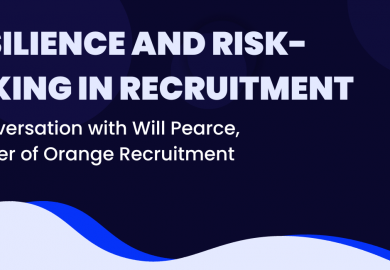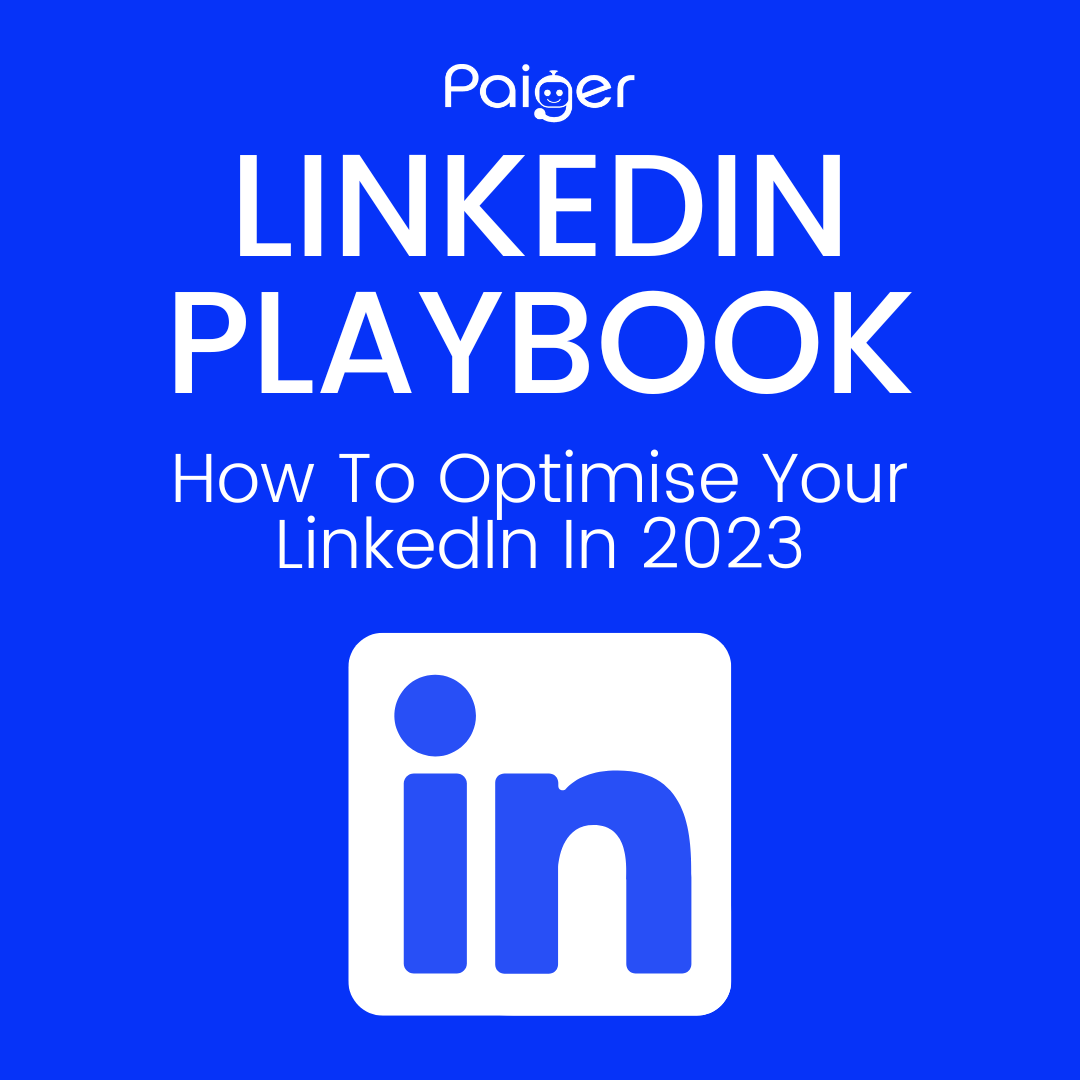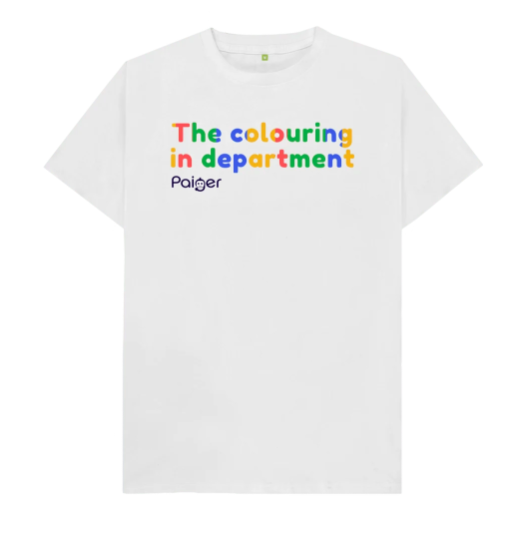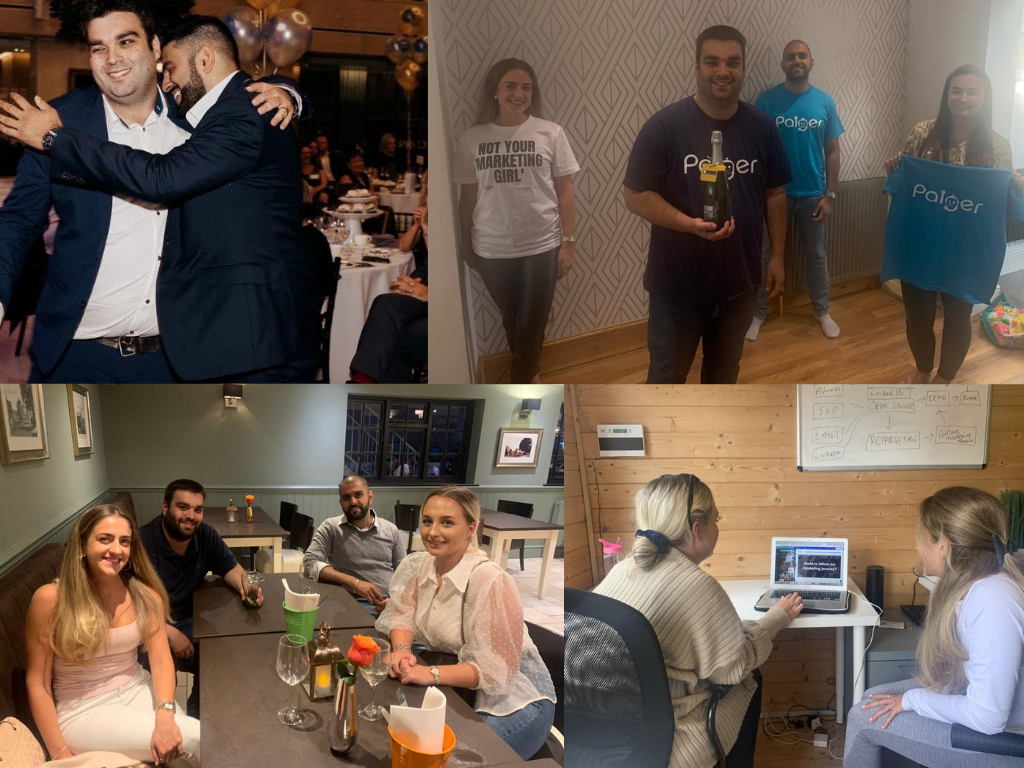The Top 5 Recruitment Challenges
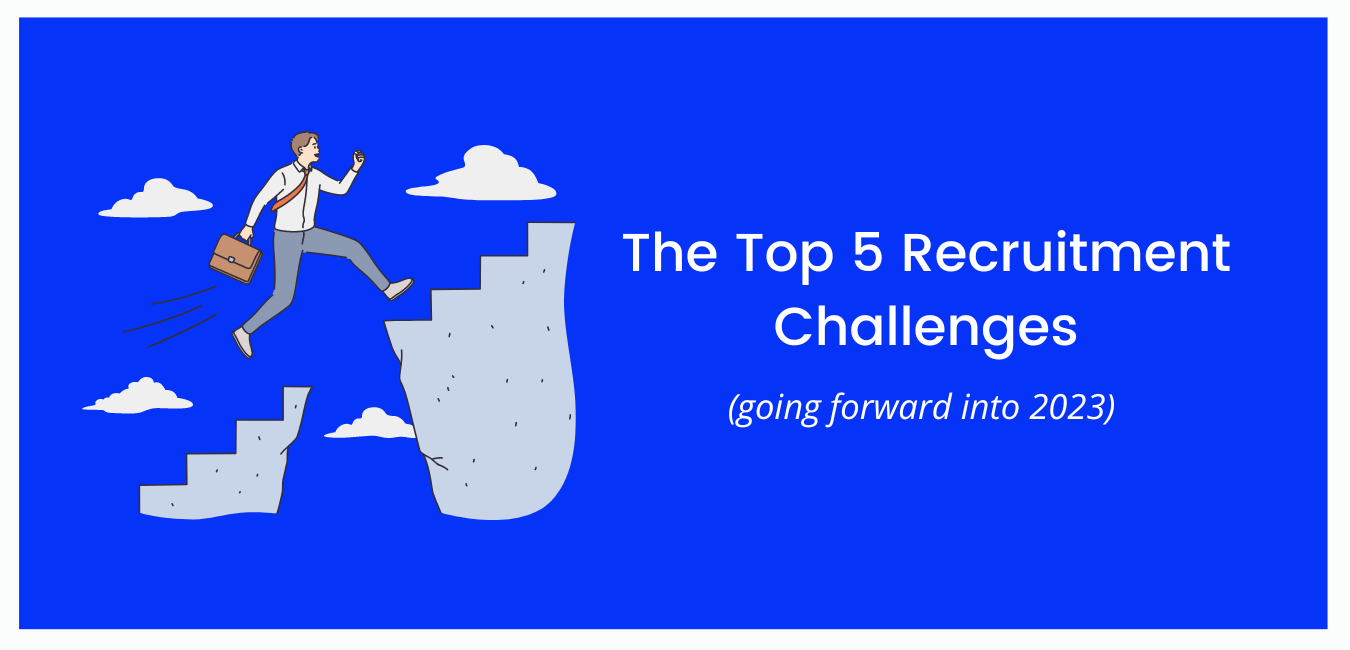
Recruiters have been well aware of the number of challenges the sector has faced over the last few years. When you combine the pandemic, Brexit, Russia’s invasion of Ukraine, inflation, the cost of living crisis and the pending recession – it’s understandable why recruitment has faced some ups and downs.
Let’s take a look at the upcoming challenges for recruitment companies as a whole, and recruitment consultants individually, going forward into 2023 inspired by Glenn Southam and Kieron Mayers.
1. Shortage of quality candidates
No matter what recruitment sector you work in, it’s likely that you’ll have experienced a candidate shortage at some point in your career; particularly over the last couple of years.
That’s not to say that quality candidates aren’t out there – they absolutely are – but sourcing them and attracting them to the roles you’re recruiting for is the challenging part, because currently, the number of jobs far outweighs the number of candidates.
If you are still struggling to source the candidates you’re looking for, try alternative recruitment methods to network and connect with new people. Work on your personal brand, consider scheduling content and generating discussions, and build relationships on a personal level.
From an employer point of view, it is worth investing in talent who not only have relevant skills and experience, but who also have heaps of potential. If you are investing in your employees and providing training and development opportunities, this is a great way to create your own quality candidates within your organisation.
2. Poor candidate experience
A lot of recruiters, historically, have been renowned for their poor communication skills and the lack of contact with candidates at every stage throughout the process. Unfortunately, given the ongoing skills shortage and the struggle to fill vacancies, providing candidates with a poor experience can have a negative impact in the long run.
For example: if you work with a candidate on a role, and they make it to the interview stage and then never hear from you again after the interview because they weren’t successful, they most likely won’t trust you to help them find a new job in the future. If you were to then be working on a role a few months down the line that would be perfect for that candidate, you could lose out on making the placement simply because you gave them a poor experience.
Providing every single candidate with excellent service throughout the whole recruitment process is vital. You need to build strong, long-lasting relationships with your candidates, too – not just your clients.
3. Dated recruitment processes
Out-of-date recruitment processes are always going to be a big challenge across the industry. The way people look for and apply for jobs is constantly changing and adapting to new generations and technologies, and as a result, recruitment companies that don’t keep up are likely to get left behind.
Are you still relying on job boards for your candidate applications? Have you invested in your recruitment company website? Are your recruiters utilising LinkedIn effectively? Is there a website, social media platform, channel or forum that your recruiters should be active on to reach a larger pool of candidates?
25% of applicants source the company website as the most important source (vs job boards at 24%).
4. Avoiding bad hires
Are you always providing your clients with the ‘top talent’, as stated on your website? Or do you look for people who are available and relevant, and place candidates as quickly as possible?
In the long run, making bad hires can cost businesses and recruitment companies a lot of time and money. Receiving a full, clear and specific brief from a client is essential for a recruitment consultant to find the best fit for the role – but this also needs to be considered from a variety of angles. Do their values align with the company’s values? Will they be a good culture-add to your client’s business? What do they bring to the table apart from experience or qualifications?
Answering these questions before rushing to place a candidate in a role will ultimately help you not only put the best person in the job, but also help you develop a long-lasting relationship with that client.
5. Targeting passive candidates
Targeting passive candidates is absolutely essential, and a challenge that recruiters need to face head-on in 2023. Relying on job adverts posted on a few job boards, and a couple of social media posts, will not help you find the best candidates for your roles.
The bulk of the market is passive, at around 70% – and according to LinkedIn, this could go up to around 90% of their users being passive or inactive candidates that are actually still interested in hearing about new opportunities.
This is a great opportunity for recruiters to not only develop their personal brand and utilise new ways of recruiting and targeting passive candidates, but also to nurture those relationships over time. Ask for referrals, too – you never know which colleague, friend or family member you could ask that knows someone who is the perfect fit for your roles.
Get in touch
If you want help with your recruitment challenges in 2023, get in touch with Paiger to find out how our platform can help your recruiters post effectively on LinkedIn, reach more people, and start more conversations.
Recent Posts
Resilience and risk-taking in recruitment: a conversation with Will Pearce
Categories
Check this out
2023 updates and tips to get the maximum reach of your posts
Passive Aggressive Marketing T-Shirts, All For Charity
Learn how a startup is tackling marketing
Featured Posts
Resilience and risk-taking in recruitment: a conversation with Will Pearce
Paiger acquires The Lonely Marketers
The power of the personal brand in recruitment
Archives
- September 2023
- June 2023
- May 2023
- April 2023
- March 2023
- February 2023
- January 2023
- December 2022
- November 2022
- October 2022
- September 2022
- August 2022
- July 2022
- June 2022
- May 2022
- April 2022
- March 2022
- February 2022
- January 2022
- December 2021
- November 2021
- October 2021
- September 2021
- August 2021
- July 2021
- June 2021
- May 2021
- April 2021
- March 2021
- February 2021
- January 2021
- December 2020
- November 2020


